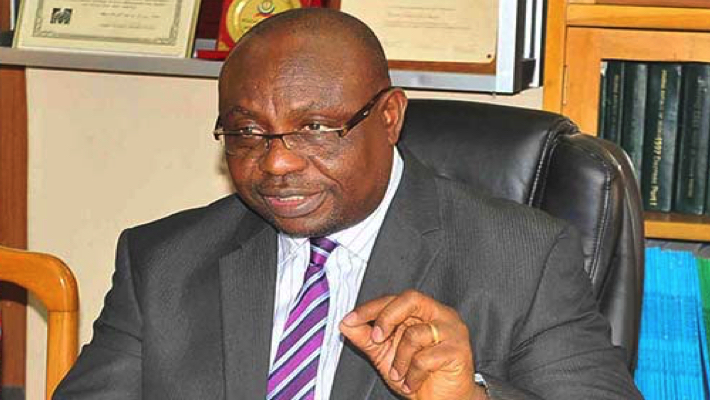There is a clamour for all national elections in the country to be conducted on a single day to reduce tension and costs. What is your take on this?
It would be constitutionally, legally, politically, and socially unwise to conduct all elections in one day. The Independent National Electoral Commission is a constitutional body with the exclusive right and jurisdiction to determine the sequence of elections. Forcing it to hold all elections in one day would represent an undemocratic encroachment on its constitutional and legal powers. Furthermore, constitutionally, the President cannot dictate to the Commission how it should function or operate.
Legally, the Commission has the autonomy to determine the sequence of elections. We must not import practices that work in other democracies and impose them on this country. Our history, culture, values, and political practices are unique. Our topography is challenging, and Nigeria has a diverse population. Moreover, we face difficult security situations in various parts of the country.
The Constitution prescribes a four-year tenure for the President, Governors, and members of the National and State Houses of Assembly. This four-year term is cast in stone. It can only be extended in times of war or external attack. Given the current security challenges and the unpredictability of the Nigerian political elite, it would be a political and security risk to hold all elections on one day. We must preserve certain political structures to address the doctrine of necessity when there is a breakdown of law and order.
Do you think that INEC can conduct the elections in one day?
The Commission can conduct all elections in one day, but logistically and politically, it would be unwise to embark on such a venture. It would present a logistical nightmare. The Commission trains and deploys over 1.5 million election duty staff during elections. It hires vehicles, boats, motorbikes, and human carriers for the elections. The Commission conceals its sensitive materials in branches of the Central Bank of Nigeria. It utilises the Air Force to transport some materials to locations. It collaborates with the Navy to provide gunboats for ferrying materials and personnel in riverine areas.
These activities require intricate planning and the Commission must be granted the authority to design its transport and personnel matrix. The country could be at risk if a substantial number of its security personnel are on election duty while there is a breakdown of law and order. The dangers associated with conducting all elections in one day outweigh the advantages.
In your view, what is the weakest link in the election process (accreditation, collation, announcement of result), and how can it be strengthened?
The country has made tremendous progress in injecting technology into the electoral process. The gradual integration of technology into the electoral process has improved voter registration, accreditation, and collation of results. Improvements in our electoral process have been gradual and the Commission continues to improve and innovate. Unfortunately, a political elite and their acolytes continue to use violence and subterfuge to undermine advances made by the electoral management body.
The electoral process will stabilise if the political elite imbibe the democratic spirit and play by the rules. Polls open late because there is fear that political thugs will hijack election materials if they are delivered early to the Local Governments and Registration Areas. Sometimes, the political parties and their candidates sabotage the transportation matrix. Sometimes they compromise election duty officials. The Commission can get things right if the political parties and their supporters play by the rules.
What do you think is the reason election results cannot be transmitted directly from the polling station to the central server as the first line of action, while paper recording serves as a backup?
The result collation process in Nigeria remains primarily manual. Voters cast their votes at the polling units. The ballots are sorted, counted, and entered into Form EC8A. Form EC8A and all election materials are packed and transmitted to the Collation Centres, where they are manually entered into Form EC8B.
The uploaded results are available for public viewing. Therefore, the INEC Result Viewing (IReV) is not a collation process or a collation centre. We must approach technology cautiously and creatively. We should begin the electronic transmission of results when we are adequately prepared. With advances in Artificial Intelligence, the country must strengthen its cybersecurity measures before embarking on the electronic transmission of results. A dual approach would be preferable.
What’s your view on diaspora voting and do you see any avenue for manipulating the process?
We must determine the parameters for assessing and identifying those in the diaspora. Are they individuals who left Nigeria and are residing legally in other countries? Do they include those in West African nations and other African countries? How will they register and vote? Where will the votes be counted and collated? These are the critical issues. The votes of Nigerians in Sudan, Chad, and Niger can potentially dwarf the votes of three to four states. We must work out the logistics and be prepared.



